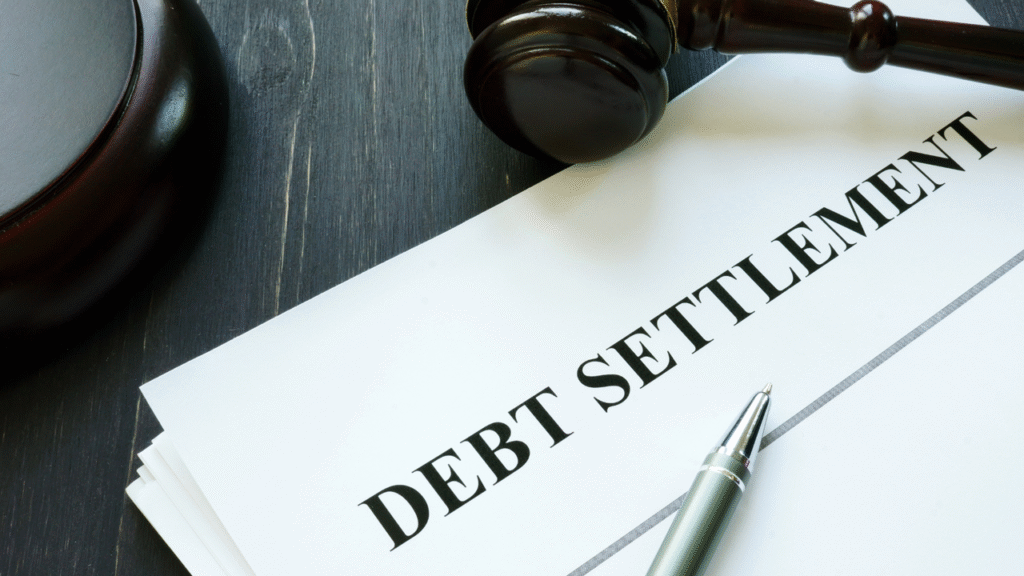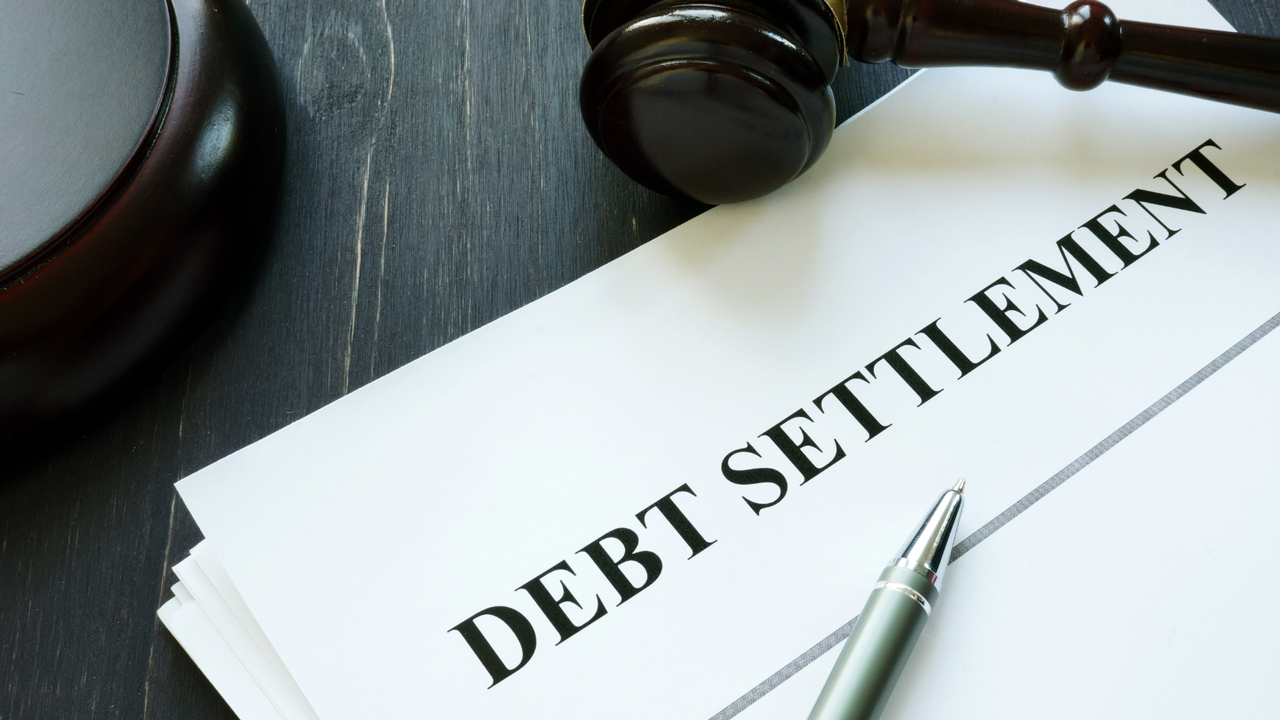
When debt starts piling up, many turn to debt settlement companies for relief. These firms negotiate with creditors to reduce what you owe, but not all of them operate with transparency or your best interest in mind. As a consumer, you have legal rights when working with a debt settlement company—rights that protect you from fraud, hidden fees, and deceptive promises.
This guide explains what those rights are, how to identify violations, and what to do if a company crosses the line.
Overview Table: Your Legal Rights with Debt Settlement Companies
| Right | Description |
|---|---|
| No Upfront Fees | You cannot be charged before a debt is successfully settled |
| Full Disclosure Requirement | Companies must clearly explain terms and risks |
| Cancellation and Refund | You have the right to cancel and may qualify for refunds |
| FDCPA Protection | You are protected from abusive debt collection tactics |
| FTC Oversight | The Federal Trade Commission enforces consumer protections |
| Right to Complain | You can report scams or unethical behavior to authorities |
What Is Debt Settlement?
Debt settlement is a process where a third-party company negotiates with your creditors to reduce your total debt amount, typically for a lump-sum payment. These services can be helpful, but also risky. That’s why the U.S. government has put legal protections in place to ensure transparency, fairness, and accountability.
Key Legal Protections You Have
1. Right to No Upfront Fees
According to the Federal Trade Commission’s (FTC) Telemarketing Sales Rule, debt settlement companies cannot charge fees before settling your debt. This rule protects you from companies that take money without delivering any results.
✅ You only pay once a debt is successfully negotiated, settled, and payment is made.
2. Right to Clear and Honest Information
You are legally entitled to full disclosure of:
- The cost of the service
- Expected timeframes
- Potential risks (e.g., damaged credit, lawsuits)
- Success rates or performance records
The company must not mislead or overpromise outcomes.
3. Right to Cancel at Any Time
Most debt settlement programs allow you to cancel your agreement without penalty. You’re also entitled to refunds of any money not used for settlements, especially those held in dedicated accounts in your name.
4. Right to Use Your Own Bank Account
The funds used for settlement must be held in an account you control, not one owned by the company. This account should be FDIC-insured, and you must be able to withdraw money or terminate the agreement anytime.
5. Right to Privacy and Data Security
Your financial and personal data must be protected. Any sharing of your information must comply with the Gramm-Leach-Bliley Act (GLBA) and similar privacy laws.
Additional Rights Under Debt Collection Laws
If a debt settlement firm also acts as a collector or coordinates with collectors, your rights under the Fair Debt Collection Practices Act (FDCPA) kick in. This includes:
- No harassment or threats
- No calls before 8 AM or after 9 PM
- Right to demand written verification of debts
- Right to sue for FDCPA violations
Table: Comparison of Legal Protections
| Legal Area | Protection Provided | Enforced By |
|---|---|---|
| FTC Telemarketing Rule | Bans upfront fees, requires disclosures | Federal Trade Commission (FTC) |
| FDCPA | Protects from abusive collection practices | Consumer Financial Protection Bureau (CFPB) |
| Truth in Advertising Laws | Prohibits deceptive claims or fake success rates | State Attorney General / FTC |
| GLBA | Secures financial and personal data | Federal Regulators |
| State Consumer Protection Laws | Varies by state; includes right to sue | State Consumer Offices |
Common Violations You Should Watch Out For
- Charging fees before any settlement is reached
- Promising guaranteed results or quick fixes
- Pressuring you to stop communicating with your creditors
- Failing to explain potential consequences (like lawsuits or credit score drops)
- Not using a dedicated, client-controlled account for funds
If you experience any of these, you may be dealing with a scam or illegal operation.
What to Do If Your Rights Are Violated
- Request Documentation – Always ask for a copy of your contract and communication records.
- File a Complaint – Report to:
- FTC
- CFPB
- Your State Attorney General
- Consult a Legal Expert – If you lose money or face harassment, speak to a consumer protection attorney.
- Exit the Program – You have the right to withdraw and reclaim funds held in your name.
Summary Table: What You Must Receive From a Legitimate Company
| Requirement | Description |
|---|---|
| No Upfront Fees | Only pay after a debt is settled |
| Written Contract | Includes full terms, costs, and timelines |
| Risk Disclosure | Outlines credit impact and potential legal risks |
| Customer Support | Access to assistance and updates |
| Secure Account Access | Client controls deposited funds |
3 Best One-Line FAQs
Q: Can a debt settlement company legally charge me before settling a debt?
No, federal law prohibits any upfront fees for debt settlement services.
Q: What if a company promises to remove all my debt quickly?
That’s a red flag. No company can guarantee outcomes or timing.
Q: Who protects consumers from shady debt relief companies?
The FTC and CFPB enforce consumer rights and accept complaints.

